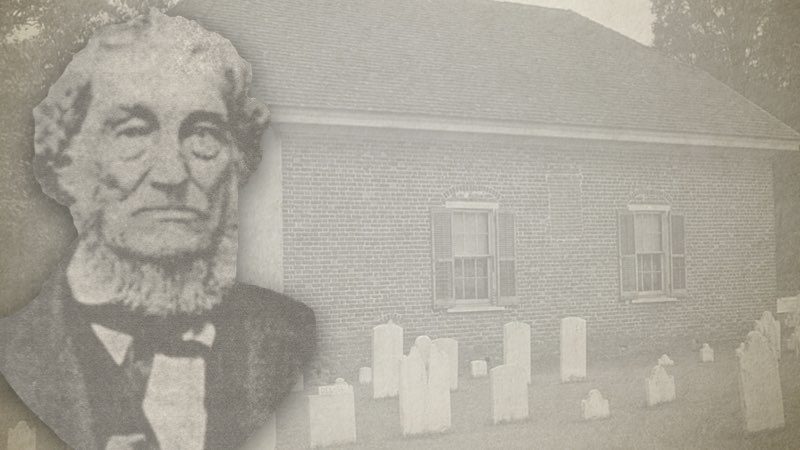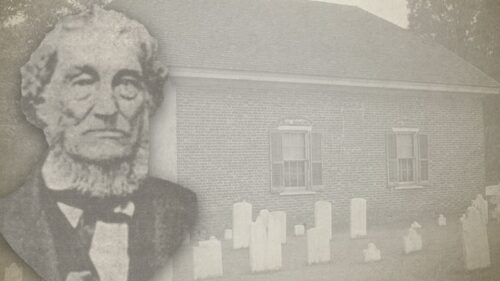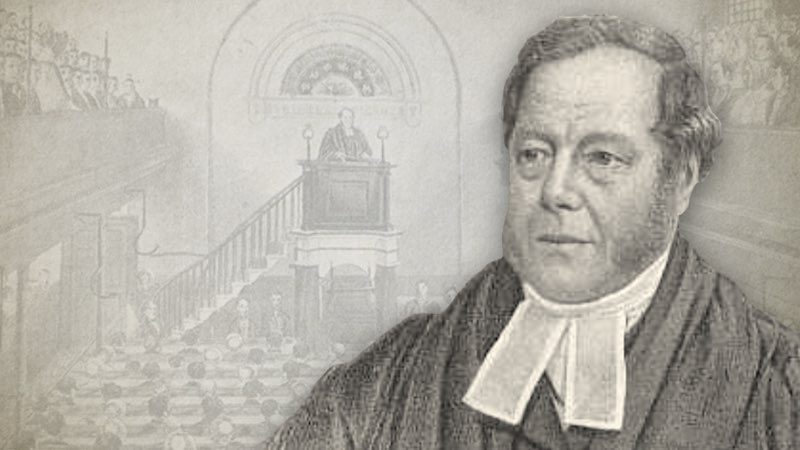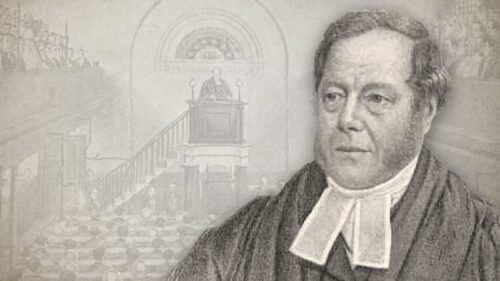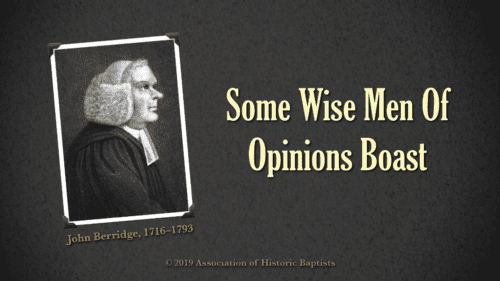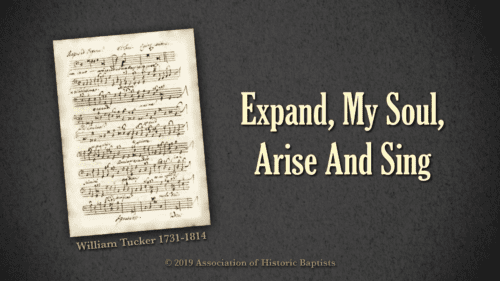-
Objections To Absolute Predestination
The objection most frequently made to this doctrine is that it represents God as the author of sin. Most of those who make this objection will allow that God governs the world and that no event takes place but by His permission. Where is the difference between them and us? It appears to be something like this: We believe that God “worketh all things after the counsel of His own will,” that He has a wise design in every event which He either permits or causes to take place, that each event and all the transactions of men, even the vilest, are as so many links in the great chain of that Providence by which the eternal purpose of God are connected together, and drawn…
-
The Doctrine Of Absolute Predestination
This sentiment, “The absolute predestination of all things” as expressed in the Prospectus of The Signs Of The Times, has called forth so much invective from some, and so much ridicule from others of the popular Baptists of this region that one would conclude some strange and absurd idea had been advocated; some whim daringly promulgated as a part of the secret things of God (Deuteronomy 29:29). It therefore, may not be amiss, to re-examine the subject, and inquire whether it be a revealed truth of God, or a visionary notion of man, which is calling forth such malicious sneers from those who profess to be the servants of God. Predestination is the same in meaning, with fore-ordination or fore- appointment; and is with God,…
-
Letter 3: To Ibhar—On Election
My dear Ibhar, The important subject upon which I addressed your brother Elimelech, involves the topic on which I shall write to you, praying, that the Holy Ghost may render it as consoling and profitable to you as he has to me. The election of grace must necessarily follow upon the admission of the absolute sovereignty of God: but as this doctrine has always been, and still is, so offensive to those who have only a name to live, but are spiritually dead; and as your comfort and peace so much depend on your “knowing your election of God,” I will endeavour to present you with a concise view of it, and to assist you in coming to some decision concerning it. That the Lord…
-
Letter 2: To Elimelech—On Divine Sovereignty
My dear Elimelech, A clear apprehension of the sovereignty of God, and an habitual submission to it, will lay a firm foundation for your peace of mind, and afford you satisfactory solutions of the most mysterious things. I am aware that an aversion to this important doctrine is deeply rooted in our nature, and the very essence of the first transgression was a quarrel with Jehovah’s sovereignty; “ye shall be as Gods,” was the bait with which the tempter ruined mankind. This disposition to usurp Jehovah’s prerogative, discovers itself in every direction, and produces much of the distress, confusion, and guilt, which disgrace human nature, and agitate the whole creation of God: errors, doctrinal and practical, may be traced to this source, and even the…
-
Behold The Potter And The Clay
Romans 9:19-24: "Thou wilt say then unto me, Why doth he yet find fault? For who hath resisted his will? Nay but, O man, who art thou that repliest against God? Shall the thing formed say to him that formed it, Why hast thou made me thus? Hath not the potter power over the clay, of the same lump to make one vessel unto honour, and another unto dishonour? What if God, willing to shew his wrath, and to make his power known, endured with much longsuffering the vessels of wrath fitted to destruction: and that he might make known the riches of his glory on the vessels of mercy, which he had afore prepared unto glory, even us, whom he hath called, not of the…
-
Study 1: An Overview Of The Letter And Its Alignment With The Framework Of Sovereign Grace
A commentary styled series of studies which expounds Paul's epistle to the church at Rome, according to its leading structure and against the backdrop of the framework of sovereign grace. For this study, an overview structure for the letter is presented, together with its alignment to the masterplan of God for the ages.

